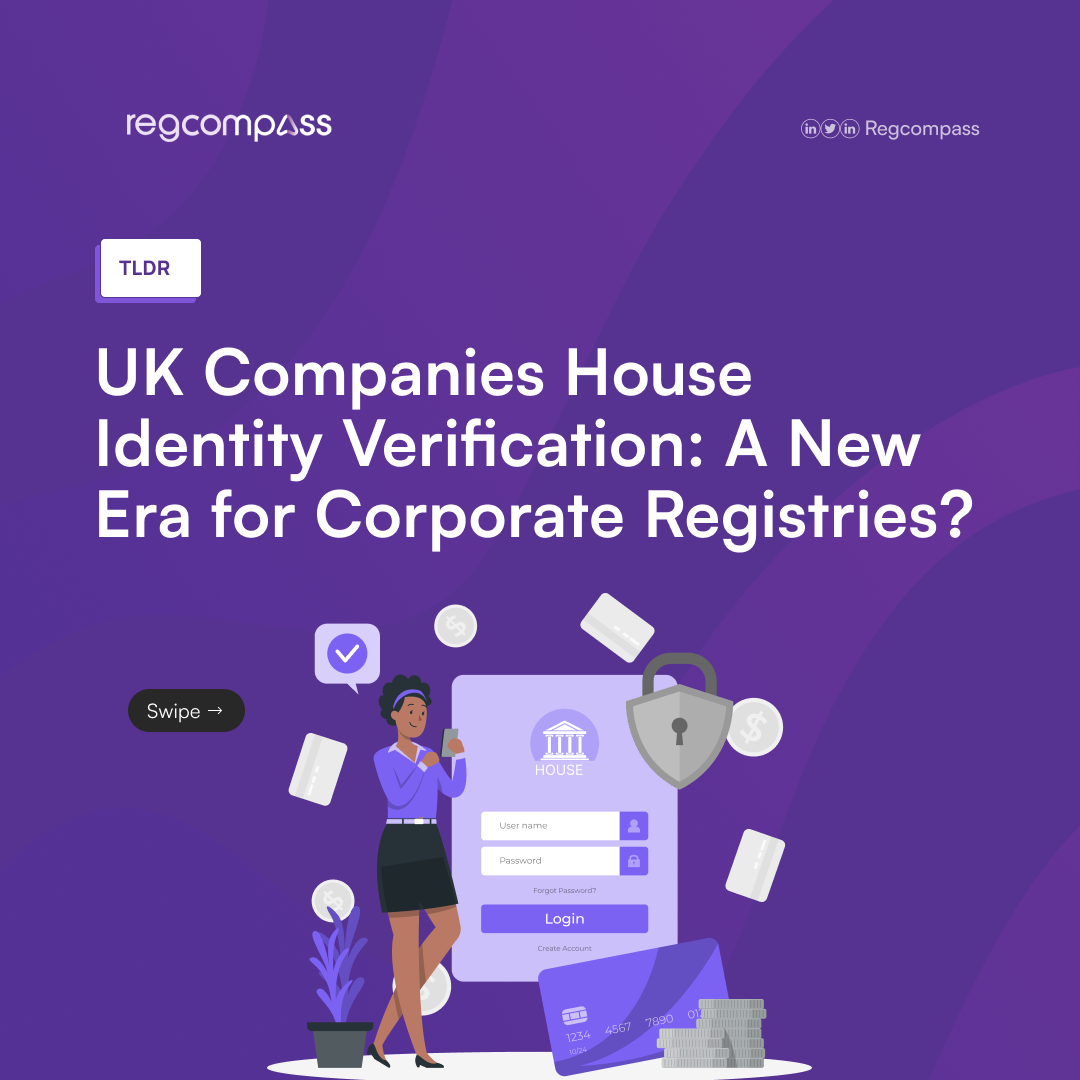UK Companies House Identity Verification: A New Era for Corporate Registries?
On 5 March 2025, the UK Companies House announced a major shift; officers and persons with significant control (PSCs) must now verify their identities.
This marks a significant departure from the traditional role of company registries, which historically focused on collecting and recording information without verifying its accuracy. Their primary function has been to register companies, maintain records, and ensure that new registrations do not conflict with existing ones.
Across various jurisdictions such as the Nigeria’s Corporate Affairs Commission (CAC), Ghana’s Office of Registrar Of Companies (ORC)and others, corporate registries have largely acted as passive information repositories. Their role has been to prevent duplication, not necessarily to validate the legitimacy of those behind a business.
Now, with the UK Companies House taking a more active role in due diligence, this could signal the start of a broader transformation. Are we witnessing the evolution of corporate registries from record-keepers to gatekeepers of corporate transparency and accountability?
Interestingly, while the UK is tightening its requirements, the United States has recently lowered its standards, stating that beneficial owners of US Companies no longer need to provide certain information. This contrast raises important questions about the future of business transparency and regulatory compliance worldwide.
Compliance Touchpoints
- For New Companies: PSCs and officers might need to complete identity verification before registration.
- For Existing Companies: Directors and significant stakeholders must update their records with verified identities.
- Deadlines: The full implementation timeline is expected in the coming months.
What Now?
If you own a company in the UK, prepare for identity verification. Ensure that you and your partners have all necessary documentation ready for this new wave of compliance.
What are your thoughts on this shift? Will other countries follow suit, or will regulations remain fragmented across jurisdictions? Let’s discuss.




